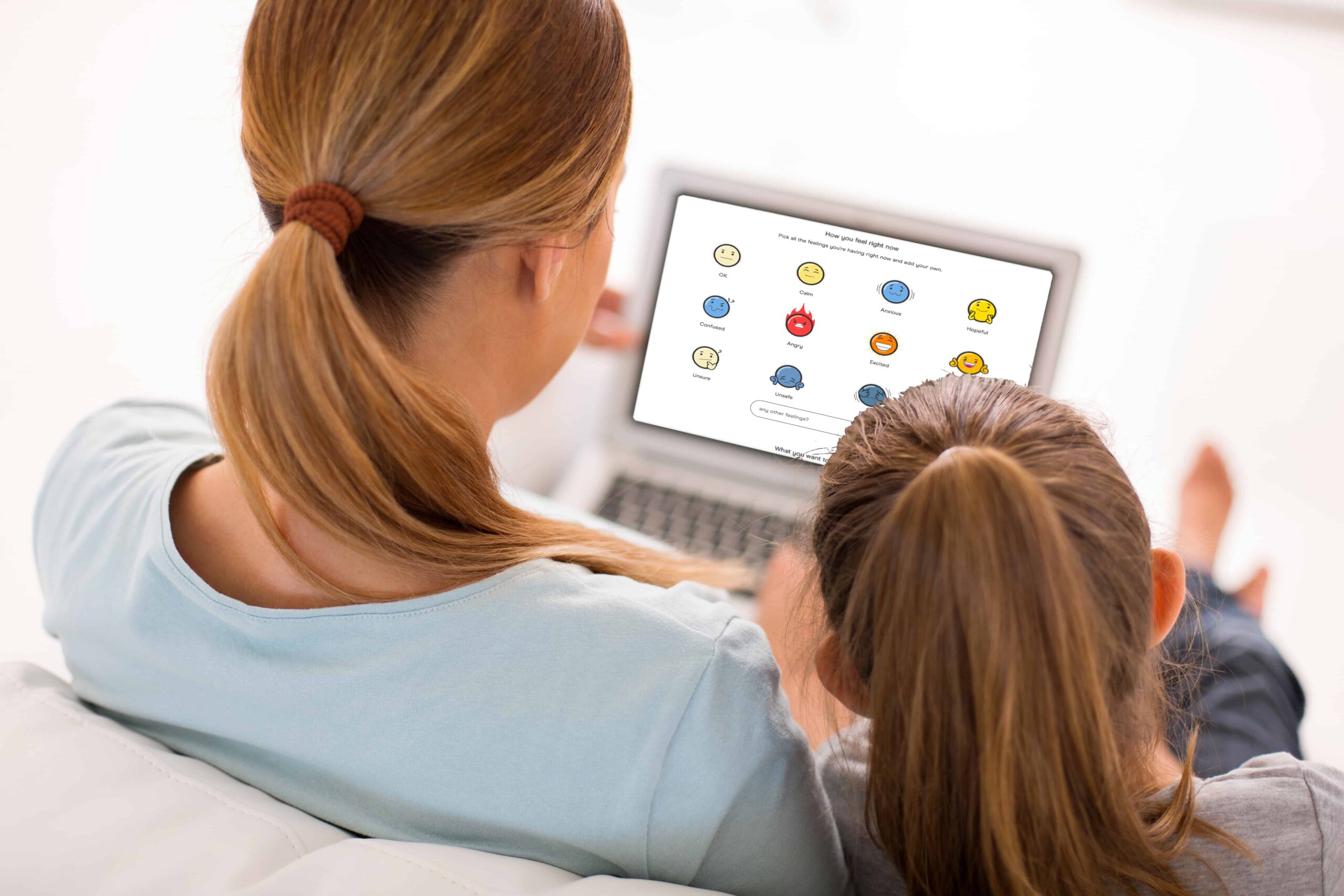In the first of two linked blogs, Mind Of My Own director Jill Thorburn addresses the key aspects of supporting placement permanency.
Have you ever thought about how much a placement breakdown costs you in time, money and children’s wellbeing? This is the timeline for the actions that take place when a young person’s placement breaks down.
Twelve point timeline
There are twelve points in the process of heading off crises and instability for children and young people:
- As the placement approaches failure the social workers for the child and the foster carer need to conduct additional visits to try and head off a breakdown.
- If this fails then the social worker needs to complete the placement request forms and risk assessments, then notify other professionals in the child’s life that the placement is ending.
- The fostering team start the search for an alternative placement.
- Should no in-house placement be available the commissioning team will become involved in searching for a suitable new placement.
- Commissioning will send paperwork and will start negotiating terms and prices.
- The social worker will be required to present the case to the resources panel, incurring costs for panel members (senior managers, commissioners etc) and administration.
- There may be additional costs for an independent fostering or residential placement.
- The child’s placement plan and looked after documentation will need to be updated; this can take a number of hours.
- In some cases there is a need to change school or negotiate school transport.
- Additional social work visits are needed to the new placement.
- All professionals and family members require phone calls to update on placement change.
- Additional child in care review meeting is needed for the new placement, which may now be out of area.
Mind Of My Own can help
We consistently receive feedback that our apps help social workers to enable children and young people to open up and share their views, leading to:
- A greater knowledge of the child, their views, wishes, feelings, likes and dislikes.
- Better matching of placements.
- Early intervention in heading off the issues or leading to a planned move from placement to allow time to avoid crisis moves, such as those detailed above.
- Confidence in making permanency decisions.
A girl who found her voice
Here is one young girl’s story about how the use of the One app helped workers to much better understand her views and feelings.
I was working with a 9 year old girl who found her ‘voice’ through using Mind Of My Own. The young person had been in a placement where she seemed to be making good progress. The young person was presenting as rather passive and compliant and statutory visits, observations and direct work exercises carried out with her suggested that all her needs were being met. However, due to her constant passive nature, she was viewed as being withdrawn and preoccupied about past events. A number of interventions were implemented, including counselling and play therapy, in the hope that we could ascertain what worries she had been harbouring. The young person and her carers were reminded about the Mind Of My Own app. Seven months after she had been in her placement, she made her true feelings known. Using simple, but incisive, words and language to express her views of her carers and how she was feeling she completed ‘how I get on with my foster carers’.
Not well
I don’t feel listened to
I don’t talk to them if I am worried
It doesn’t suit me
I feel unwelcome
I don’t like living here
On receiving the statement I shared it with my manager and a colleague who was also supporting the young person. Following a professionals meeting we moved her to another placement, where she is much happier, more animated and feels loved.
It is well known that placement stability is something all children in care need and want. We also know how stability supports better outcomes, allowing children the safety and space to work through their early life experiences. Understanding the child’s views is often the key to being able to head off crises.
At this time when services are stretched and resources are tight there are significant financial benefits to services to understand the link between strong children’s voices and placement stability.
Look out for the next blog with more stories about the ways that young people are benefitting from using Mind Of My Own apps.
Jill Thorburn




